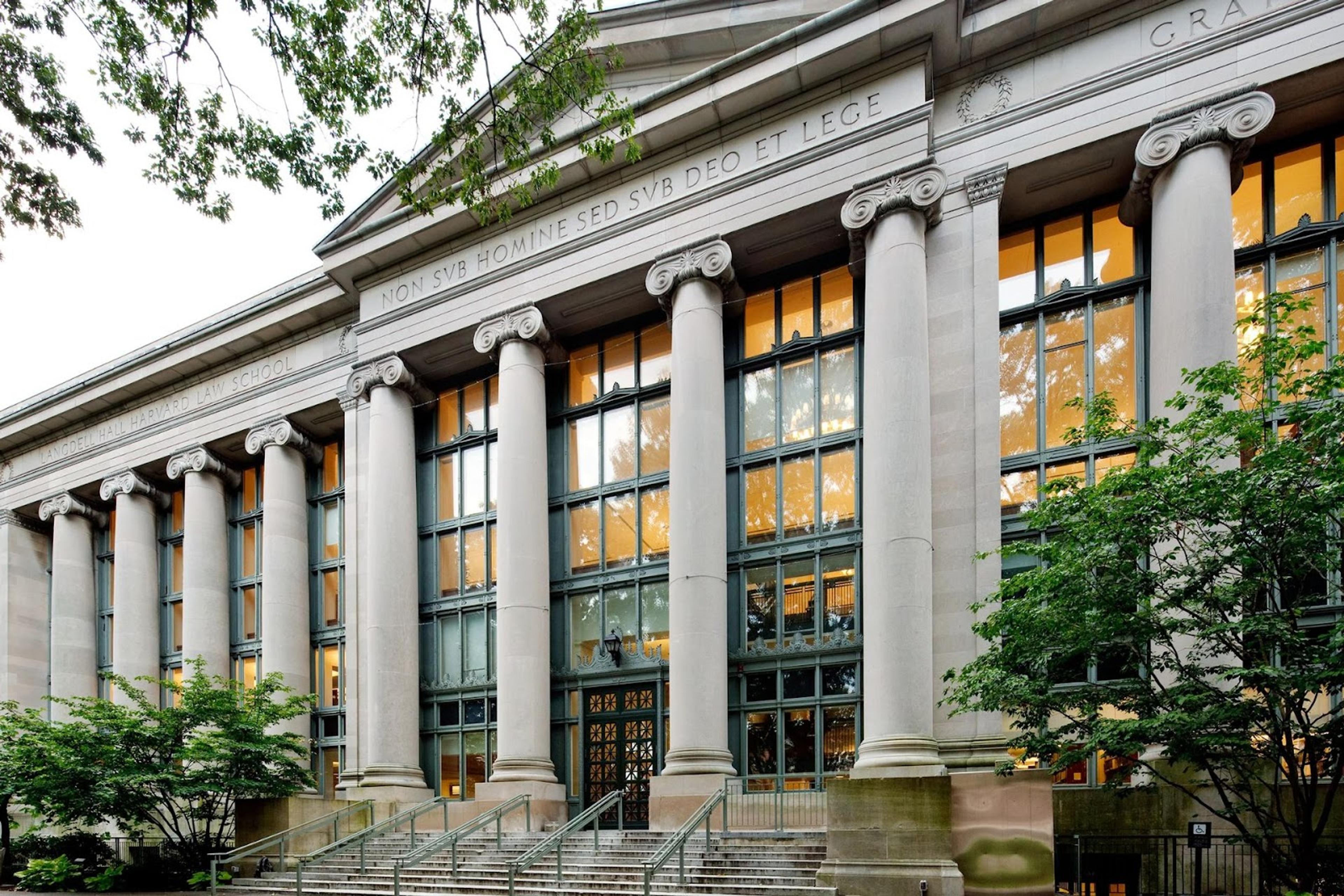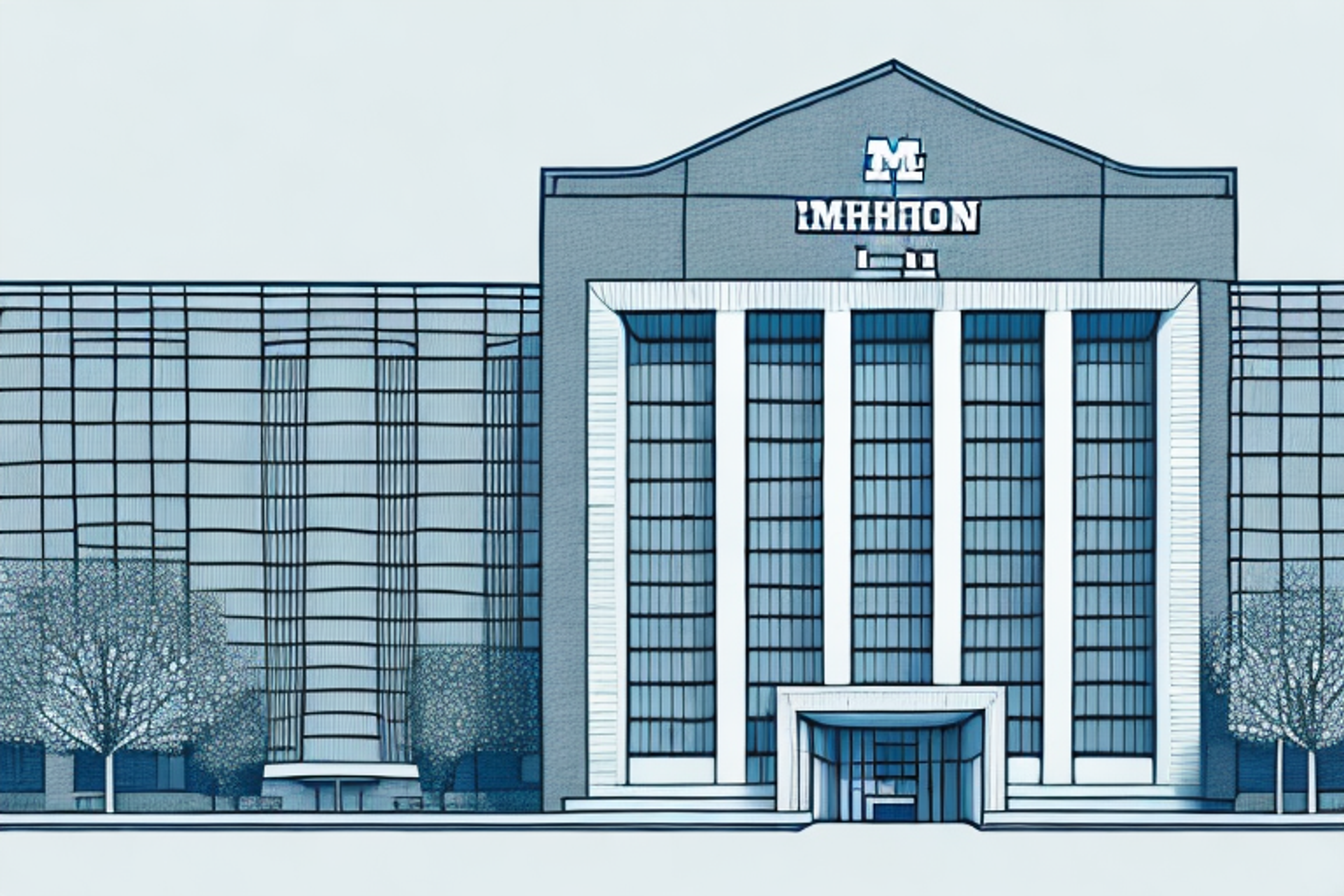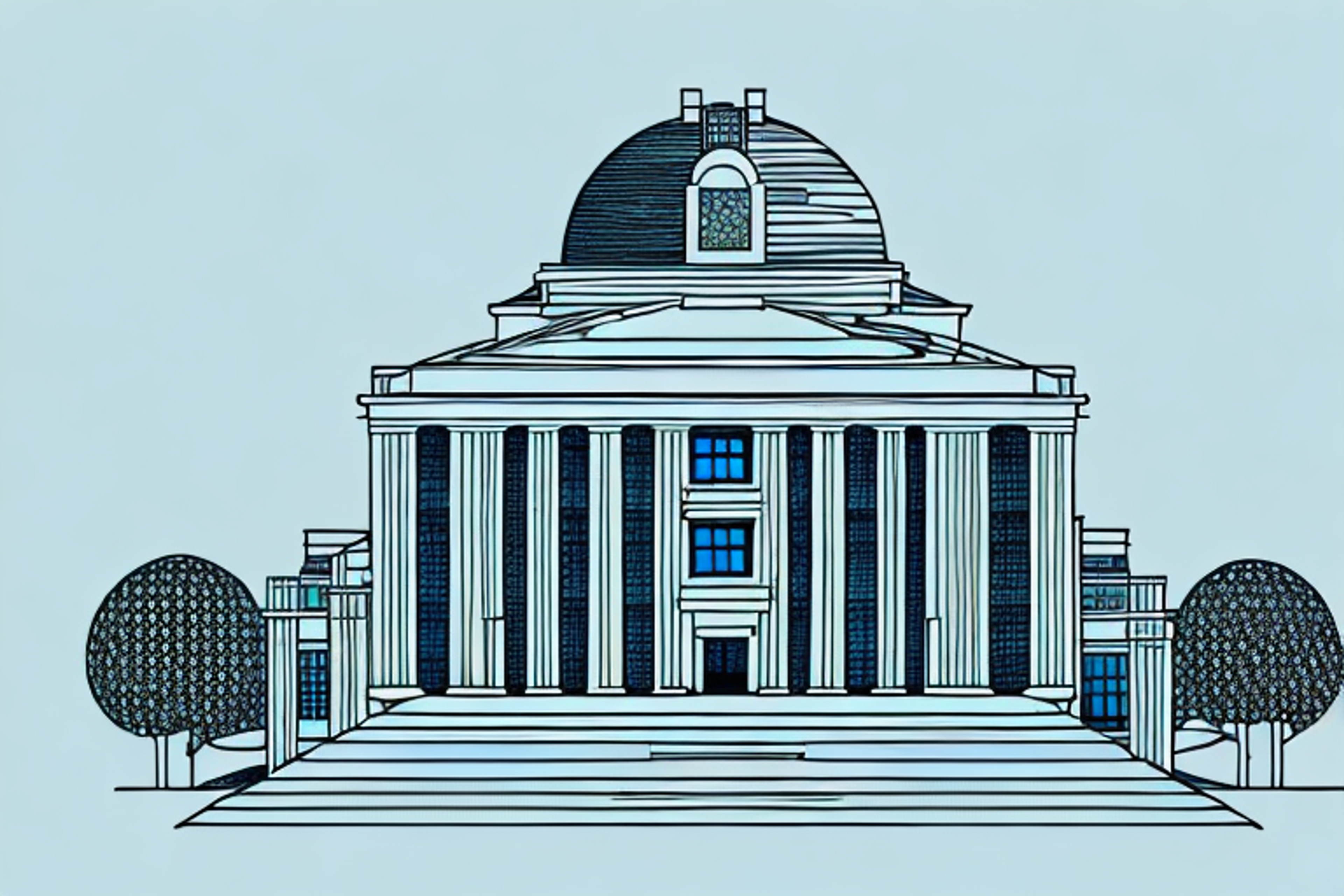A Guide to the University of California--Davis School of Law Interview Process
If you're preparing for an interview at the University of California--Davis School of Law, this guide is a must-read.
Posted April 10, 2025

Table of Contents
The admissions committee at the University of California--Davis School of Law takes their interview process very seriously. The interview is an important part of the law school application process, as it allows them to get to know the applicant better, assess their potential for success, and determine their fit with the school's culture. In this article, we will provide a comprehensive guide to the UC Davis School of Law interview process, including important tips, advice, and insights from current law students to help you make a strong impression in your interview.
Introduction to UC Davis School of Law
The UC Davis School of Law is one of the top law schools in California, renowned for its dedicated faculty, innovative research programs, and diverse student body. The school is committed to fostering a supportive and inclusive academic community that values collaboration, social justice, and ethical responsibility. The interview process is designed to ensure that prospective students share the same vision and values as the school and demonstrate the qualities needed to thrive in a challenging legal environment.
UC Davis School of Law offers a wide range of programs and opportunities for students to gain practical experience in the legal field. The school has a strong emphasis on experiential learning, with clinics, externships, and simulation courses that allow students to work on real cases and projects under the guidance of experienced attorneys. Additionally, the school has a robust network of alumni who are actively involved in mentoring and supporting current students.
UC Davis School of Law is also committed to promoting diversity and equity in the legal profession. The school has a number of initiatives and programs aimed at increasing access to legal education for underrepresented groups and supporting the success of students from diverse backgrounds. These efforts have resulted in a student body that is among the most diverse in the country, with students from a wide range of racial, ethnic, and socioeconomic backgrounds.
Importance of Preparing for the Interview
Preparation is key to acing your law school interview. Whether you are applying to UC Davis School of Law or any other law school, it is crucial to research the school and familiarize yourself with the interview format, expectations, and questions. This will help you feel more confident and relaxed during the interview and allow you to leave a positive impression.
Additionally, it is important to practice your responses to common interview questions and to have a clear understanding of your own strengths, weaknesses, and goals. This will enable you to articulate your qualifications and aspirations effectively and convincingly. It is also helpful to dress professionally, arrive early, and bring a copy of your resume and any other relevant materials. By taking these steps, you can demonstrate your professionalism, preparedness, and enthusiasm for the law school and legal profession.
Tips for Researching the School and the Interviewers
When researching UC Davis School of Law, look for information on its academic programs, faculty, research initiatives, extracurricular activities, and campus culture. Visit the school's website and social media platforms to learn more about their mission, values, and recent achievements. You can also reach out to current students, alumni, or admissions staff to get a better understanding of what the school is looking for in its applicants. As for the interviewers, try to find out their backgrounds, areas of expertise, and any recent publications or projects they have worked on. This will help you tailor your answers and demonstrate your interest in the school.
Another important aspect to research about the school is its location and community. Look into the surrounding area and see if it aligns with your personal preferences and lifestyle. Additionally, research the school's alumni network and see if it can provide potential career opportunities or connections.
When it comes to the interviewers, it's also helpful to research the interview format and style. Some interviews may be more conversational, while others may be more structured with specific questions. Knowing this information can help you prepare and feel more confident during the interview. Additionally, try to find out if the interviewers have any specific interests or hobbies, as this can help you build a rapport and make a memorable impression.
Common Interview Questions and How to Answer Them
The following are some common interview questions that you may encounter during your UC Davis School of Law interview:
- Tell us about yourself.
- Why do you want to attend law school?
- What are your long-term career goals?
- Why did you choose UC Davis School of Law?
- Describe a time when you had to overcome a challenge.
To answer these questions effectively, be honest, concise, and specific. Focus on highlighting your skills, experiences, and achievements that demonstrate your passion for law, motivation, and ability to succeed in law school. Use concrete examples and avoid vague or clichéd answers.
Another common interview question that you may encounter is "What are your strengths and weaknesses?" When answering this question, it is important to focus on your strengths and how they relate to the legal field. For weaknesses, be honest but also show how you are actively working to improve them.
Additionally, you may be asked about your extracurricular activities or volunteer work. This is an opportunity to showcase your leadership skills, teamwork abilities, and commitment to serving your community. Be sure to highlight any experiences that demonstrate your passion for social justice and advocacy.
Strategies for Highlighting Your Strengths and Addressing Weaknesses
In addition to showcasing your strengths, it is important to address any weaknesses or gaps in your application during the interview. Be honest about your weaknesses, but also show how you have worked to overcome them and what you have learned from the experience. Focus on your strengths and how they make you a good fit for UC Davis School of Law. Don't be afraid to bring up any unique experiences or perspectives you may have that can contribute to the school's diverse community.
One effective strategy for highlighting your strengths is to provide specific examples of how you have demonstrated those strengths in the past. For instance, if you are highlighting your leadership skills, you could discuss a time when you successfully led a team project or organization. Additionally, it can be helpful to tie your strengths to the specific needs and values of UC Davis School of Law. For example, if the school places a high value on community service, you could discuss how your experience volunteering at a legal aid clinic demonstrates your commitment to serving others.
Unique Aspects of the UC Davis School of Law Interview Process
The UC Davis School of Law interview process is unique in that it emphasizes the applicant's fit with the school's community and values, in addition to their academic and professional credentials. The interviewers will be looking for candidates who are passionate about social justice, community service, and ethical responsibility, and who are willing to work collaboratively with others to achieve common goals. They will also be assessing the applicant's communication skills, critical thinking, and ability to work under pressure, among other qualities.
Another unique aspect of the UC Davis School of Law interview process is the use of behavioral interviewing techniques. This means that the interviewers will ask specific questions about past experiences and behaviors to assess how the applicant may handle similar situations in the future. This approach allows the interviewers to gain a deeper understanding of the applicant's character and decision-making abilities.
Additionally, the UC Davis School of Law interview process includes a group interview component. This involves a small group of applicants participating in a discussion or activity together, while being observed by interviewers. This allows the interviewers to assess the applicant's ability to work collaboratively and communicate effectively in a group setting, which is an important skill for success in law school and the legal profession.
Dress Code and Professionalism at the Interview
When preparing for your UC Davis School of Law interview, it is important to dress professionally and demonstrate good etiquette. Dress in formal business attire, and avoid wearing anything too flashy, casual, or distracting. Arrive on time, be polite, and show respect for the interviewers' time and expertise. Make sure to bring copies of your resume and any other relevant documents.
Additionally, it is important to research the company or organization you are interviewing with and familiarize yourself with their values and mission. This will allow you to tailor your responses to their specific needs and show that you are genuinely interested in working for them.
During the interview, maintain eye contact and speak clearly and confidently. Avoid using filler words such as "um" or "like" and be prepared to answer common interview questions. It is also important to ask thoughtful questions about the position and company to show your interest and engagement.
The Role of Body Language in Making a Positive Impression
Your body language can also play a crucial role in making a positive impression during your UC Davis School of Law interview. Make eye contact, sit up straight, and avoid fidgeting or slouching. Use hand gestures sparingly, and maintain an open, friendly posture. Pay attention to your tone of voice and try to speak clearly and confidently.
Additionally, it is important to be aware of cultural differences in body language. What may be considered appropriate in one culture may be seen as disrespectful in another. Research the cultural norms of the interviewer or the law school you are applying to, and adjust your body language accordingly. This shows that you are respectful and adaptable, which are important qualities for a law student and future lawyer.
Follow-Up Etiquette After the Interview
After the interview, remember to follow up with a thank-you note or email expressing your gratitude for the interviewers' time and consideration. This can help you leave a lasting impression and demonstrate your professionalism and courtesy.
In addition to expressing your gratitude, it's also a good idea to reiterate your interest in the position and highlight any key points that you may have missed during the interview. This can help to reinforce your qualifications and keep you top of mind for the hiring manager.
However, it's important to strike a balance between being persistent and being pushy. If you don't hear back from the interviewer after your initial follow-up, it's okay to send a polite reminder email a week or two later. But if you still don't hear back after that, it's best to move on and continue your job search.
Insights from Current UC Davis Law Students on Their Interview Experience
Finally, we asked current UC Davis law students to share their insights on the interview process. They emphasized the importance of being authentic, genuine, and passionate about their interests and goals. They also advised applicants to prepare thoroughly, be open-minded, and communicate their unique strengths and perspectives.
Final Thoughts and Next Steps for Applicants
The UC Davis School of Law interview process is a valuable opportunity for prospective students to showcase their skills, experiences, and values and demonstrate their fit with the school's academic community. By preparing thoroughly, being yourself, and showcasing your strengths, you can increase your chances of success. Remember to keep an open mind, be polite, and follow up with a thank-you note or email after the interview. Good luck!












